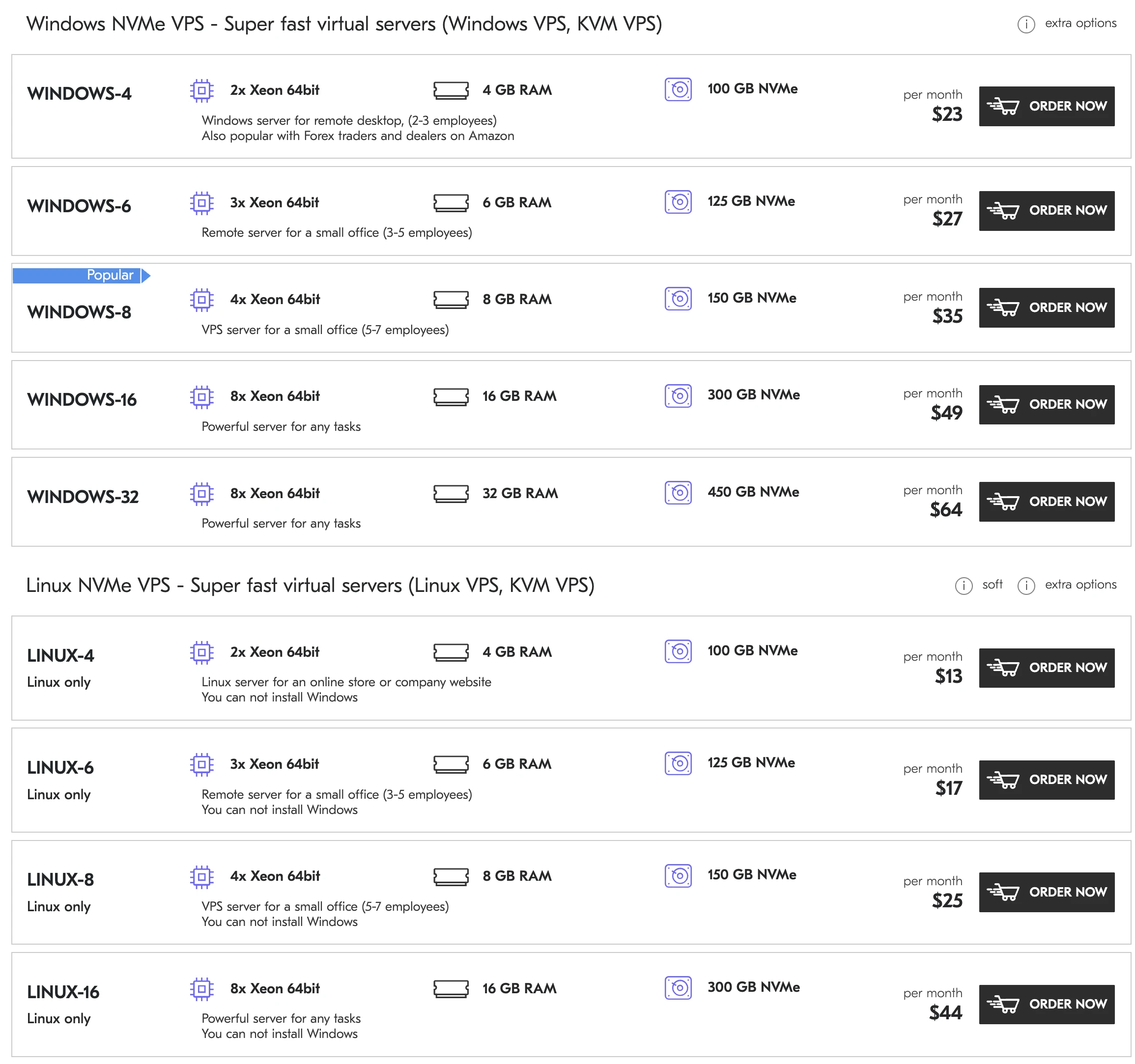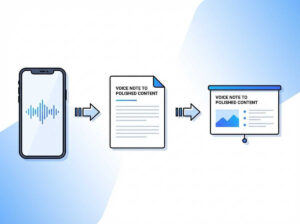Private Blog Networks (PBNs) remain a controversial yet widely used strategy in the world of SEO. Designed to manipulate search engine rankings by creating backlinks from a network of controlled websites, PBNs can be powerful—but they come with significant risks. One of the most critical infrastructure decisions for PBN owners is choosing the right hosting environment. Virtual Private Servers (VPS) are often considered a middle ground between shared hosting and dedicated servers. But is VPS the right choice for hosting a PBN? Let’s explore the pros and cons.

✅ Advantages of Using VPS for PBN Hosting
1. Isolation and Control
Unlike shared hosting, VPS gives you root access and full control over your server environment. This allows you to configure each site in your PBN with unique settings, install custom software, and manage security protocols. Isolation also means that your sites are not affected by the behavior of other users on the same physical server.
2. IP Diversity
Many VPS providers offer multiple IP addresses or allow you to purchase additional ones. This is crucial for PBNs, as hosting multiple sites on the same IP can raise red flags with search engines. With VPS, you can assign different IPs to different sites, mimicking natural backlink profiles.
3. Performance and Uptime
VPS hosting typically offers better performance than shared hosting. Faster load times and higher uptime contribute to better user experience and SEO metrics. Search engines may penalize sites that are slow or frequently offline, so VPS can help maintain the credibility of your PBN.
4. Scalability
As your PBN grows, you’ll need more resources. VPS plans are highly scalable—you can upgrade RAM, CPU, and storage without migrating to a new server. This flexibility makes VPS ideal for expanding networks.
5. Custom Footprint Management
Search engines like Google are constantly improving their algorithms to detect PBNs. VPS allows you to customize server configurations, headers, CMS setups, and plugins to reduce detectable patterns. You can even install different versions of WordPress or use alternative CMS platforms to diversify your network.
⚠️ Risks and Challenges of VPS for PBNs
1. Technical Complexity
Managing a VPS requires technical knowledge. You’ll need to handle server setup, security hardening, software updates, and backups. Mistakes can lead to downtime, data loss, or security breaches. For non-technical users, this can be a steep learning curve.
2. Footprint Leakage
Even with multiple IPs, if you host all your sites on the same VPS provider, you risk leaving a detectable footprint. Search engines may identify patterns in DNS records, server configurations, or hosting provider metadata. To mitigate this, many PBN owners use multiple VPS providers across different geographic locations.
3. Cost
VPS hosting is more expensive than shared hosting. If you’re running a large PBN with dozens or hundreds of sites, the costs can add up quickly—especially if you’re using multiple providers to diversify your footprint.
4. Security Risks
PBNs are often targeted by competitors or malicious actors. If one site is compromised, it can jeopardize the entire network. VPS requires proactive security measures: firewalls, malware scanners, regular updates, and strong passwords. Without proper security, your investment is vulnerable.
5. Legal and Ethical Concerns
Search engines consider PBNs a violation of their guidelines. If discovered, your sites can be deindexed, and your main money site can suffer ranking penalties. Hosting your PBN on VPS doesn’t eliminate this risk—it only helps you hide better. Ethically, many SEO professionals debate the long-term value of PBNs versus white-hat strategies.
🧠 Best Practices for VPS-Powered PBNs
- Use different VPS providers to avoid hosting footprint.
- Rotate IP addresses and use geo-diverse locations.
- Install unique themes and plugins across sites.
- Avoid interlinking all sites—keep link profiles natural.
- Monitor uptime and performance with tools like UptimeRobot.
- Automate backups and updates to reduce maintenance overhead.
- Use WHOIS privacy and vary domain registrars.
Prices from the table https://deltahost.com/vps.html

🏁 Conclusion
VPS hosting offers a powerful, flexible, and scalable solution for managing PBNs—but it’s not without its risks. The key to success lies in minimizing footprints, maintaining security, and staying ahead of detection algorithms. For experienced SEO professionals, VPS can be a valuable tool in the PBN arsenal. For beginners, however, the technical demands and risks may outweigh the benefits.
Ultimately, the decision to use VPS for PBN hosting should be based on your goals, budget, and risk tolerance. If you choose this path, invest in proper infrastructure, diversify aggressively, and always stay informed about the latest SEO trends and algorithm updates.







